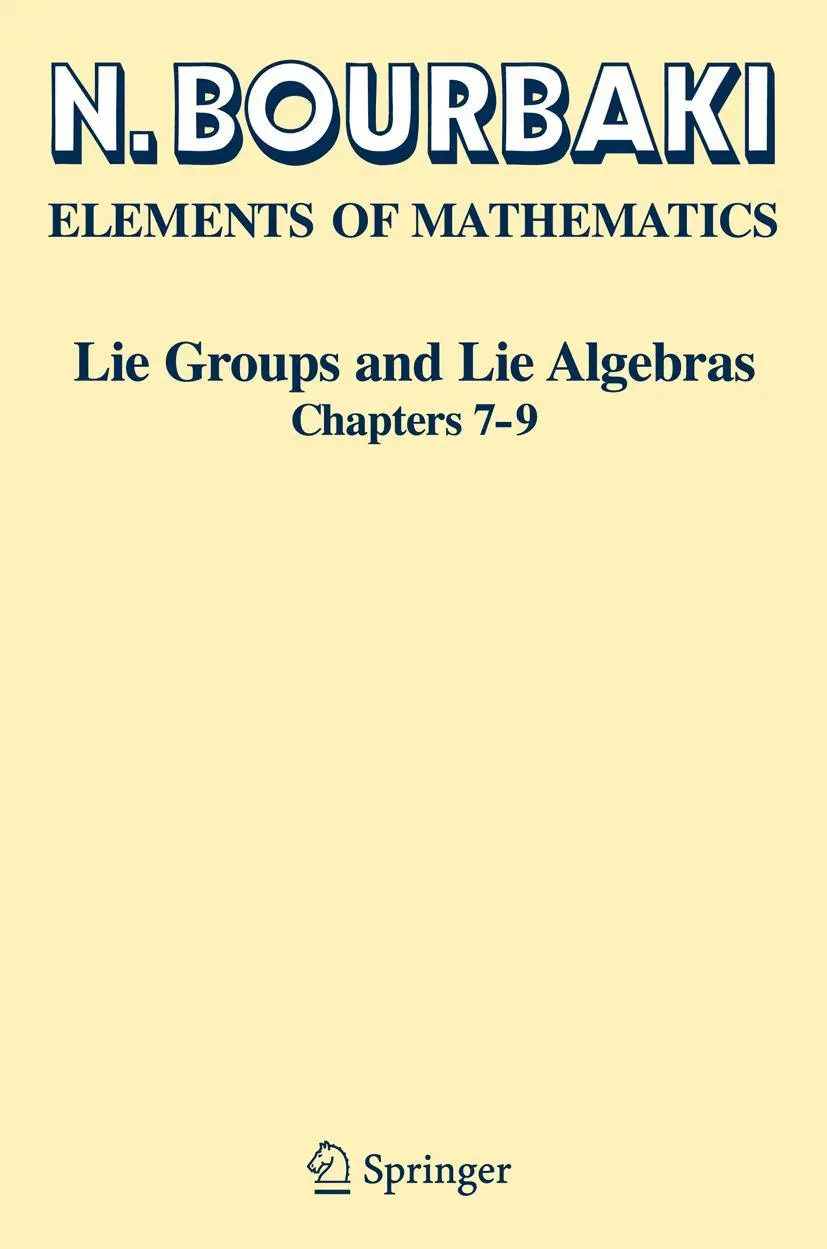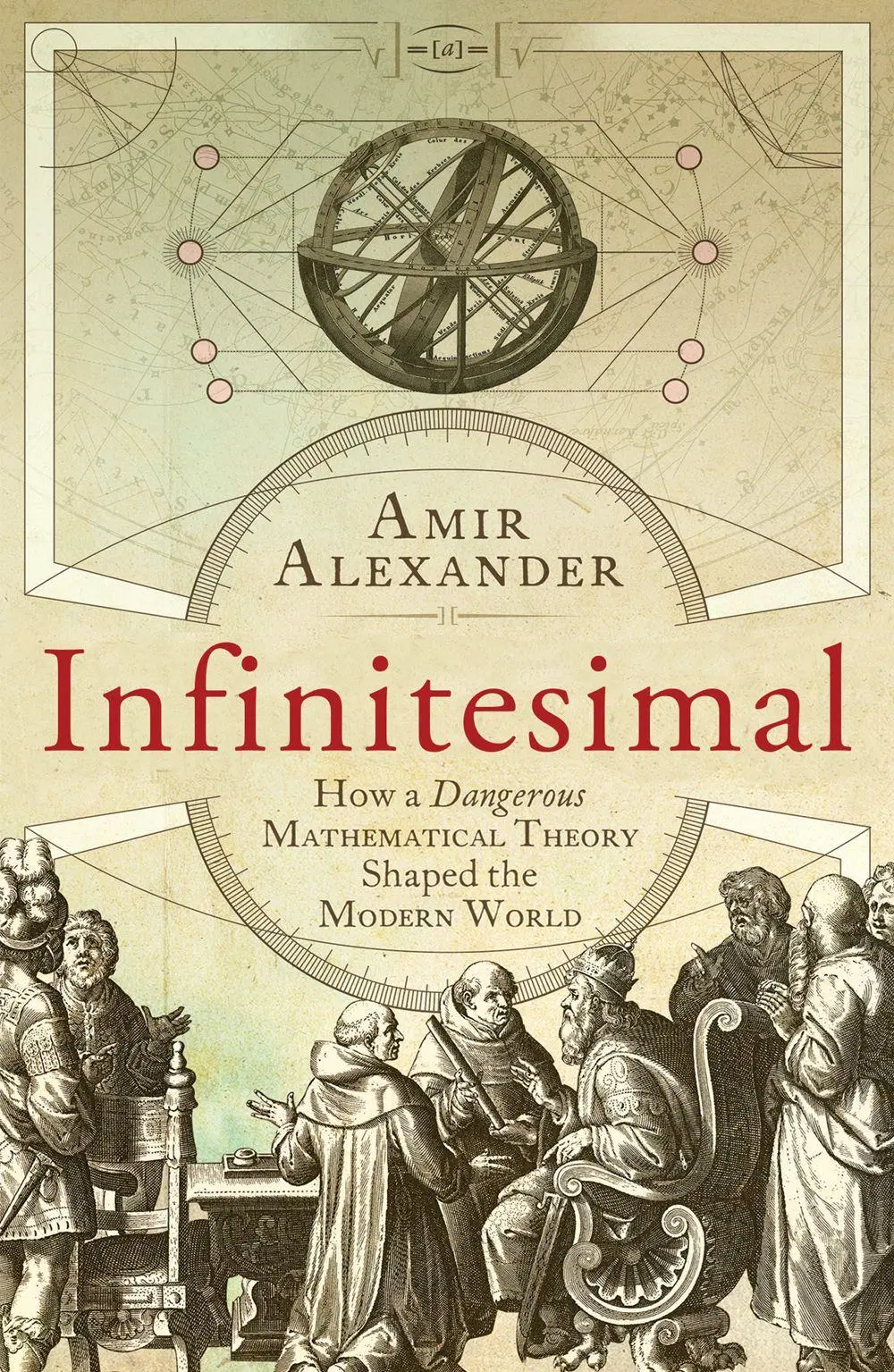Dekorationsartikel gehören nicht zum Leistungsumfang.
Sprache:
Englisch
34,25 €
UVP 37,44 €
Versandkostenfrei per Post / DHL
Lieferzeit 2-4 Werktage
Kategorien:
Beschreibung
Our intention in writing this book is to give an elementary introduction to number theory which does not demand a great deal of mathematical back ground or maturity from the reader, and which can be read and understood with no extra assistance. Our first three chapters are based almost entirely on A-level mathematics, while the next five require little else beyond some el ementary group theory. It is only in the last three chapters, where we treat more advanced topics, including recent developments, that we require greater mathematical background; here we use some basic ideas which students would expect to meet in the first year or so of a typical undergraduate course in math ematics. Throughout the book, we have attempted to explain our arguments as fully and as clearly as possible, with plenty of worked examples and with outline solutions for all the exercises. There are several good reasons for choosing number theory as a subject. It has a long and interesting history, ranging from the earliest recorded times to the present day (see Chapter 11, for instance, on Fermat's Last Theorem), and its problems have attracted many of the greatest mathematicians; consequently the study of number theory is an excellent introduction to the development and achievements of mathematics (and, indeed, some of its failures). In particular, the explicit nature of many of its problems, concerning basic properties of inte gers, makes number theory a particularly suitable subject in which to present modern mathematics in elementary terms.
Our intention in writing this book is to give an elementary introduction to number theory which does not demand a great deal of mathematical back ground or maturity from the reader, and which can be read and understood with no extra assistance. Our first three chapters are based almost entirely on A-level mathematics, while the next five require little else beyond some el ementary group theory. It is only in the last three chapters, where we treat more advanced topics, including recent developments, that we require greater mathematical background; here we use some basic ideas which students would expect to meet in the first year or so of a typical undergraduate course in math ematics. Throughout the book, we have attempted to explain our arguments as fully and as clearly as possible, with plenty of worked examples and with outline solutions for all the exercises. There are several good reasons for choosing number theory as a subject. It has a long and interesting history, ranging from the earliest recorded times to the present day (see Chapter 11, for instance, on Fermat's Last Theorem), and its problems have attracted many of the greatest mathematicians; consequently the study of number theory is an excellent introduction to the development and achievements of mathematics (and, indeed, some of its failures). In particular, the explicit nature of many of its problems, concerning basic properties of inte gers, makes number theory a particularly suitable subject in which to present modern mathematics in elementary terms.
Zusammenfassung
This is an elementary undergraduate level introduction to number theory, with carefully explained proofs and numerous exercises and worked examples. A feature of particular interest is a concise account of Fermat's Last Theorem and its recent proof by Andrew Wiles.
Inhaltsverzeichnis
1. Divisibility.- 1.1 Divisors.- 1.2 Bezout's identity.- 1.3 Least common multiples.- 1.4 Linear Diophantine equations.- 1.5 Supplementary exercises.- 2. Prime Numbers.- 2.1 Prime numbers and prime-power factorisations.- 2.2 Distribution of primes.- 2.3 Fermat and Mersenne primes.- 2.4 Primality-testing and factorisation.- 2.5 Supplementary exercises.- 3. Congruences.- 3.1 Modular arithmetic.- 3.2 Linear congruences.- 3.3 Simultaneous linear congruences.- 3.4 Simultaneous non-linear congruences.- 3.5 An extension of the Chinese Remainder Theorem.- 3.6 Supplementary exercises.- 4. Congruences with a Prime-power Modulus.- 4.1 The arithmetic of ?p.- 4.2 Pseudoprimes and Carmichael numbers.- 4.3 Solving congruences mod (pe).- 4.4 Supplementary exercises.- 5. Euler's Function.- 5.1 Units.- 5.2 Euler's function.- 5.3 Applications of Euler's function.- 5.4 Supplementary exercises.- 6. The Group of Units.- 6.1 The group Un.- 6.2 Primitive roots.- 6.3 The group Une, where p is an odd prime.- 6.4 The group U2e.- 6.5 The existence of primitive roots.- 6.6 Applications of primitive roots.- 6.7 The algebraic structure of Un.- 6.8 The universal exponent.- 6.9 Supplementary exercises.- 7. Quadratic Residues.- 7.1 Quadratic congruences.- 7.2 The group of quadratic residues.- 7.3 The Legendre symbol.- 7.4 Quadratic reciprocity.- 7.5 Quadratic residues for prime-power moduli.- 7.6 Quadratic residues for arbitrary moduli.- 7.7 Supplementary exercises.- 8. Arithmetic Functions.- 8.1 Definition and examples.- 8.2 Perfect numbers.- 8.3 The Mobius Inversion Formula.- 8.4 An application of the Mobius Inversion Formula.- 8.5 Properties of the Mobius function.- 8.6 The Dirichlet product.- 8.7 Supplementary exercises.- 9. The Riemann Zeta Function.- 9.1 Historical background.- 9.2 Convergence.- 9.3 Applications to prime numbers.- 9.4 Random integers.- 9.5 Evaluating ?(2).- 9.6 Evaluating ?(2k).- 9.7 Dirichlet series.- 9.8 Euler products.- 9.9 Complex variables.- 9.10 Supplementary exercises.-10. Sums of Squares.- 10.1 Sums of two squares.- 10.2 The Gaussian integers.- 10.3 Sums of three squares.- 10.4 Sums of four squares.- 10.5 Digression on quaternions.- 10.6 Minkowski's Theorem.- 10.7 Supplementary exercises.- 11. Fermat's Last Theorem.- 11.1 The problem.- 11.2 Pythagoras's Theorem.- 11.3 Pythagorean triples.- 11.4 Isosceles triangles and irrationality.- 11.5 The classification of Pythagorean triples.- 11.6 Fermat.- 11.7 The case n = 4.- 11.8 Odd prime exponents.- 11.9 Lame and Kummer.- 11.10 Modern developments.- 11.11 Further reading.- Solutions to Exercises.- Index of symbols.- Index of names.
Details
| Erscheinungsjahr: | 1998 |
|---|---|
| Fachbereich: | Grundlagen |
| Genre: | Mathematik, Medizin, Naturwissenschaften, Technik |
| Rubrik: | Naturwissenschaften & Technik |
| Medium: | Taschenbuch |
| Inhalt: |
xiv
302 S. |
| ISBN-13: | 9783540761976 |
| ISBN-10: | 3540761977 |
| Sprache: | Englisch |
| Einband: | Kartoniert / Broschiert |
| Autor: |
Jones, Josephine M.
Jones, Gareth A. |
| Hersteller: |
Springer London
Springer-Verlag GmbH Springer Berlin Heidelberg |
| Verantwortliche Person für die EU: | Springer Verlag GmbH, Tiergartenstr. 17, D-69121 Heidelberg, juergen.hartmann@springer.com |
| Maße: | 235 x 178 x 18 mm |
| Von/Mit: | Josephine M. Jones (u. a.) |
| Erscheinungsdatum: | 14.01.1998 |
| Gewicht: | 0,553 kg |












